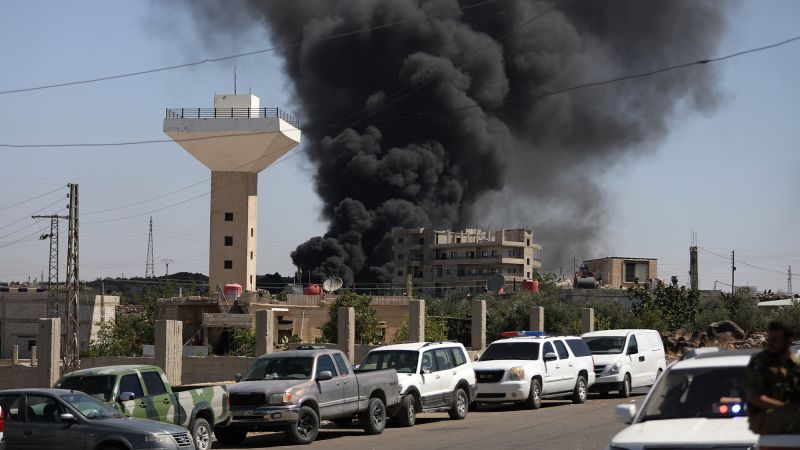T4K3.news
Egypt expands Israeli gas deal
Egypt signs a $35 billion gas deal with Israel as Sisi condemns the Gaza war, signaling deeper energy ties amid tensions.
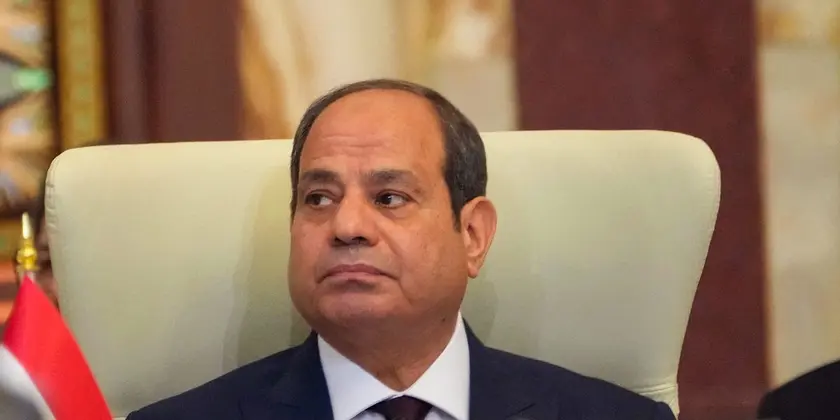
Egypt signs a $35 billion gas deal with Israel as President Sisi condemns the Gaza war, signaling deeper energy ties despite regional tensions.
Egypt Expands Israeli Gas Deal Amid Sisi Gaza War Criticism
Egypt announced a new agreement that will see import of an additional 130 billion cubic meters of natural gas from Israel's Leviathan field through 2040. The deal includes a price increase of about 14.8 percent and will cost the Egyptian side about $35 million more per billion cubic meters than the terms of the previous contract, according to Mada Masr's calculations. Blue Ocean Energy, a Dolphinus Holdings subsidiary, is listed as the buyer in the latest notice. Completion depends on planned expansions of the Ashdod to Ashkelon pipeline and the Leviathan field itself, with a deadline of September 30, 2025 and a possible six-month extension.
The agreement is part of a wider expansion of gas imports to Egypt to meet domestic demand amid a growing energy gap. Israel has intermittently halted exports since the Gaza war began, sometimes for security reasons affecting the Leviathan facility. At the same time, President Abdel Fattah el-Sisi has publicly described Israel's actions in Gaza as a war for starvation, genocide, and the liquidation of the Palestinian cause, while defending Egypt against accusations of blocking aid and calling those claims bankruptcy and strange words. The deal underscores the complexity of Egypt's stance on Gaza while leaning on cheaper energy from Israel to power a country that has faced rolling blackouts and higher import costs this year.
Key Takeaways
"The claims that Egypt is participating in the blockade of the Palestinian people in the Gaza Strip and contributing to their starvation is bankruptcy; these are strange words."
Sisi denying accusations of complicity with Gaza blockade
"a record $35 billion deal to supply gas to Egypt in the largest export agreement in Israel’s history"
Deal announcement details
"no assurance that the deal will be fulfilled"
Notice of conditions and potential risk to deal
"The war for starvation, genocide, and the liquidation of the Palestinian cause"
Sisi's description of Israel's Gaza campaign
The arrangement reveals a clash between economic pragmatism and political posture. Egypt faces a growing energy deficit and seeks stability in supply, even as it publicly voices criticism of Israel. The tie to Israeli gas could reduce near-term energy volatility, but it also deepens Egypt’s exposure to policy shifts in both capitals and to broader regional instability. The deal also highlights how energy diplomacy can complicate moral debates about humanitarian crises. Critics will watch whether energy needs trump international pressure or if this pact becomes a bargaining chip in Cairo’s Gaza policy.
Looking ahead, the long-term success of the agreement hinges on infrastructure timelines, pricing mechanics, and how external shocks in the Israel-Gaza corridor affect flow. The financial burden for Egypt could rise if costs keep climbing or if supply is interrupted, testing public tolerance at a time of domestic heat waves and blackouts. The broader question is whether energy dependence can coexist with a clear ethical stance in a region where power and aid are tightly linked to politics.
Highlights
- Energy politics meet pipelines in Cairo
- Gas deals test loyalty and economics
- Power, policy and pipelines collide in Egypt
Budget and political risk in energy deal
The $35 billion gas deal deepens Egypt's reliance on Israeli gas at a time of domestic power outages and rising energy costs. It also opens Egypt to scrutiny over its Gaza stance, potentially triggering domestic backlash and international criticism.
The path forward will reveal how energy needs shape regional alignment and moral choices in a volatile neighborhood.
Enjoyed this? Let your friends know!
Related News
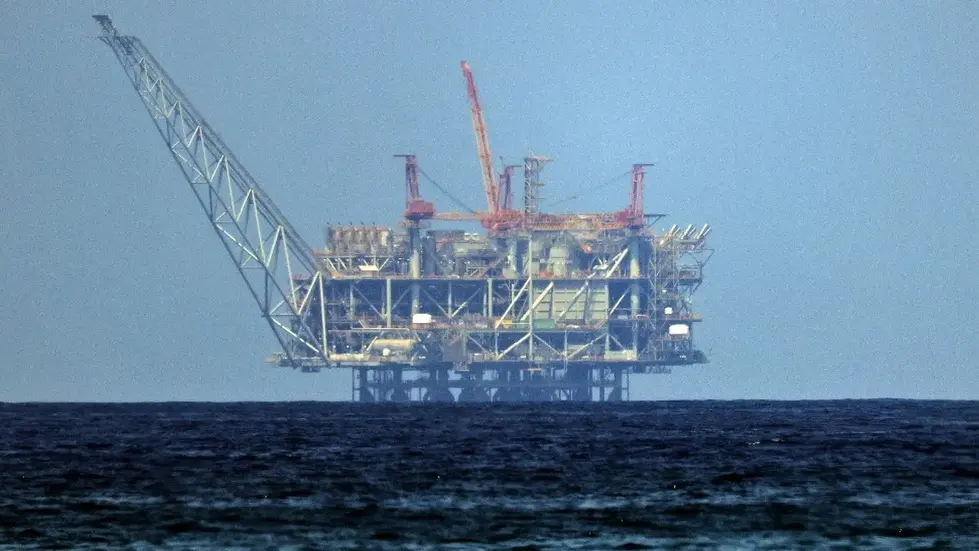
Egypt signs record gas deal with Israel
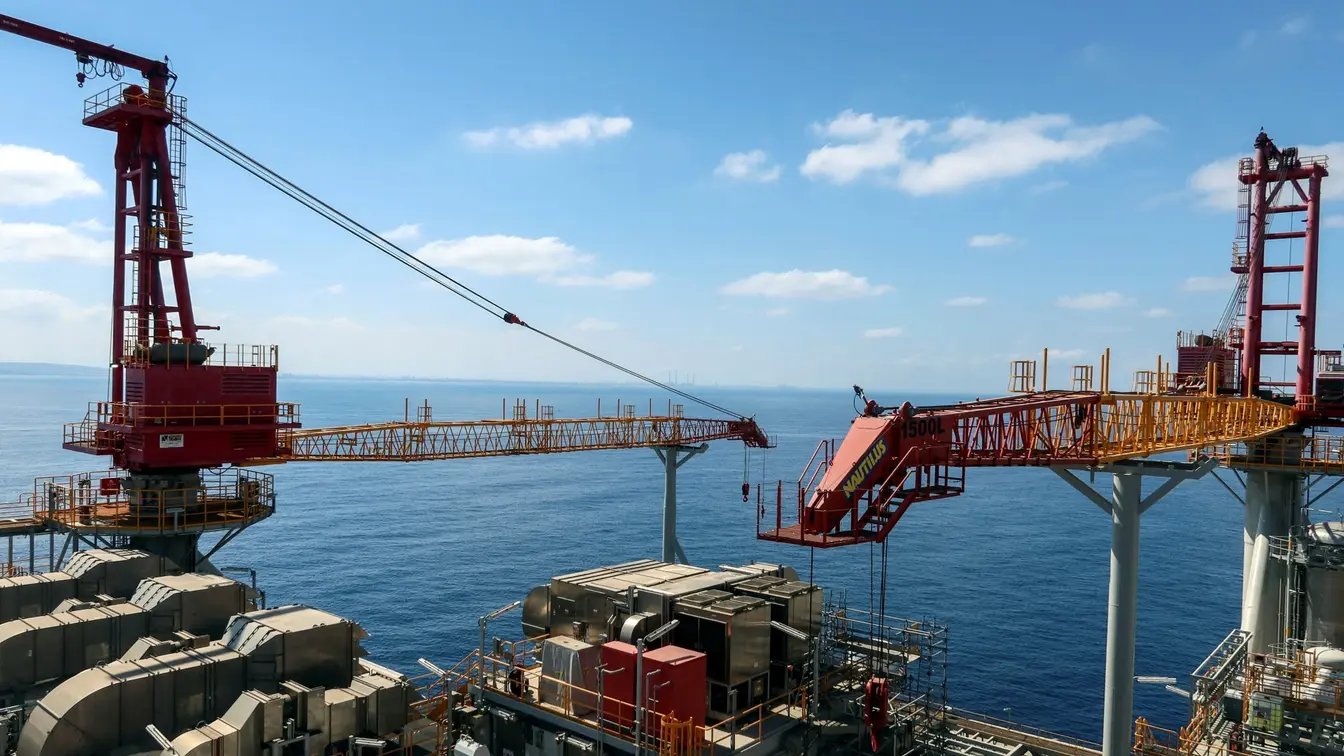
Egypt Israel gas deal sparks online backlash

Diplomacy pressed as talks continue
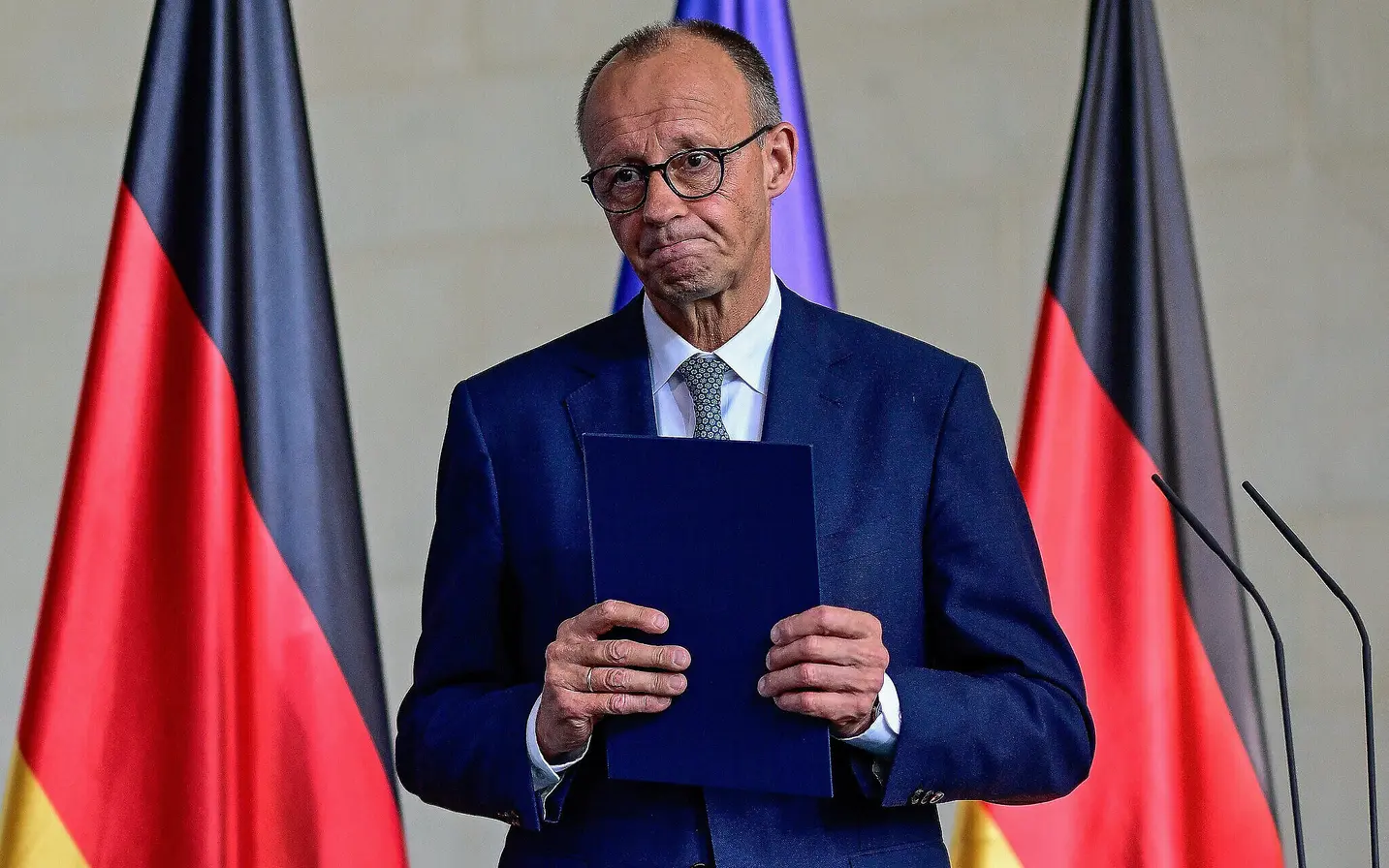
Germany suspends arms exports to Israel over Gaza plan

Israeli official states no deal with Hamas is imminent

US envoy Witkoff returns to the region amid negotiation efforts

Israel will annex parts of Gaza if no deal is reached with Hamas

Israel plans large-scale aid for Gaza amid occupation discussions
